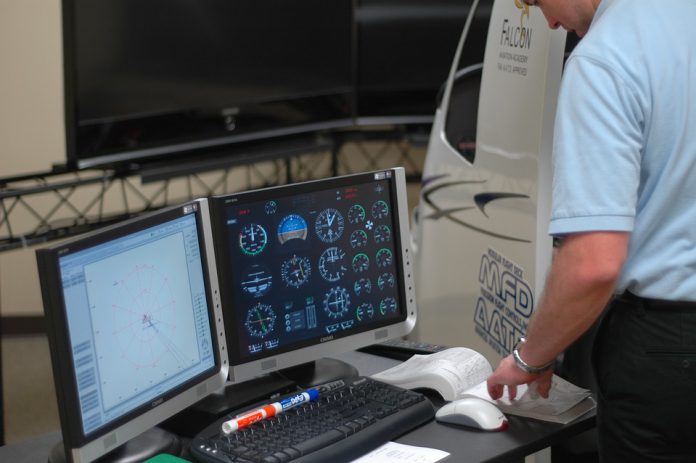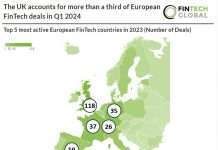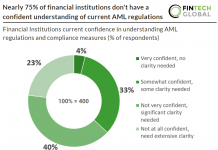Simudyne, a platform which hosts financial market simulations to identify fraud, has pulled in $6m in Series A of fundraising.
The round was led by Barclays, with participation also coming from Graphene Ventures, and Gauss Ventures. With the Series A, the company has raised a total of $10m since it was founded.
With this burst of funding, Simudyne will look to hire more staff and improve its engagement with the financial services sector. Additionally, it hopes to expand its platform beyond bank stress testing, financial risk and contagion management, with new applications including market execution and anti-money laundering.
Leveraging simulation technology, the RegTech platform can help clients better prepare for millions of different scenarios and measure their impact. With AI and machine learning technology financial institutions can generate detailed insights and can test their decisions and monitor consequences.
Financial institutions have implemented Simudyne for a range of use cases including, simulating market execution, fraud detection, contagion risk, IFRS 9 compliance, XVA calculation, and IRRBB.
The RegTech company has witnessed strong growth over the past year, with a year-on-year revenue increase of 600 per cent in 2018. In addition to this, the company added more global banking clients, and increased its team to 30 people.
Simudyne CEO Justin Lyon said, “Simudyne technology is proven to help banks solve challenges such as understanding market contagion, stress testing and simulating market execution.
“We will build on our current growth trajectory by driving client acquisition within financial services while entering attractive new sectors later this year. Simulation will be a multi-billion-dollar market within the next five years, and we will be best positioned to capitalise on that opportunity.”











